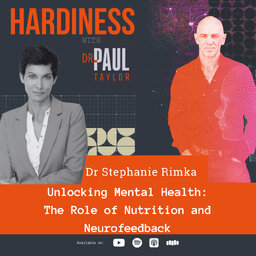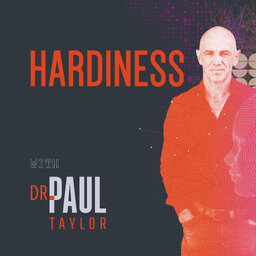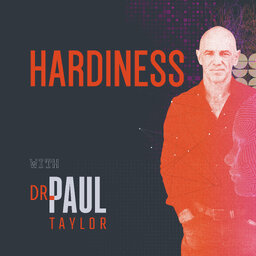Mojo Monday - How to Keep Going When Your Mind Tells You to Stop
On this week's Mojo Monday, Carly dives into a powerful skill we can all cultivate to help us persevere when life gets tough and our minds tell us to give up. Discover how to build inner resilience and keep moving forward, no matter the challenges.
Carly Taylor is a Mental Fitness Coach and speaker passionate about helping people tame their mind so they can live a rich, meaningful and fulfilled life. She is trained in ACT (Acceptance and Commitment Therapy), Japanese Psychology, is an IIN qualified Health Coach and is currently undergoing a Masters of Counselling.
For more information, go to carlytaylorcoaching.com.au or follow her on Instagram: carly_taylor_coaching.
In 1 playlist(s)
Hardiness with Dr Paul Taylor
Host Dr Paul Taylor, a Psychophysiologist, Neuroscientist, Exercise Scientist, and Nutritionist inte…Social links
Follow podcast
Recent clips

The Nervous System and Mental Health, with Dr Stephanie Rimka
1:15:52

Forget brain training games - here's a powerful to keep your brain young and healthy: Wisdom Wednesdays
11:35

How to Make Sense of Your Suffering With Carly Taylor
11:13
 Hardiness with Dr Paul Taylor
Hardiness with Dr Paul Taylor